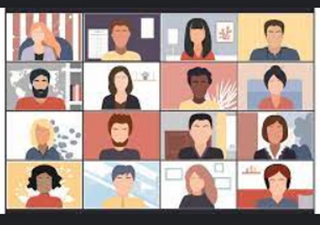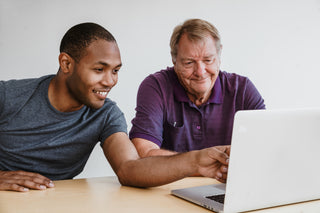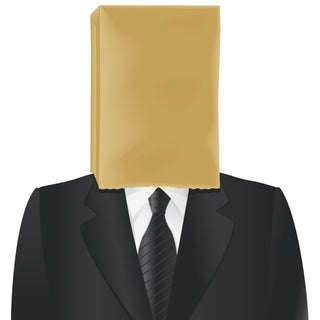
Confidence / Shyness / Social Anxiety
Social anxiety is a distressing anxiety condition that is highly treatable with CBT. Social anxiety has a lifetime occurrence of 12% (Kessler, 2005) and can be very prevalent across ages incl later life.
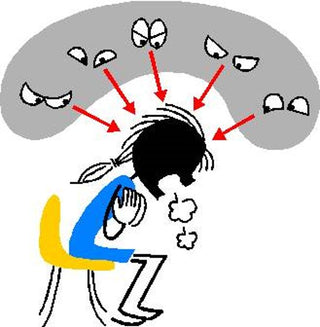
Symptoms
Social phobia or social anxiety is evidenced by a range of indicators incl:
- a fear of negative evaluations from others
- avoidance of social interactions
Social phobia is a risk factor for a range of other problems, including loneliness because those with social anxiety have fewer social relationships and are less likely than others to date / marry.
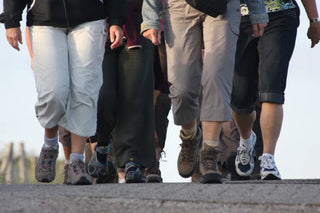
Treatment towards better
Social anxiety is highly treatable with cognitive behaviour therapy (CBT), sometimes alongside anti-anxiety medicines. The CBT therapist aims to alleviates emotional distress by working collaboratively with clients to break problems into smaller parts and troubleshooting these. The latter can include identifying and ultimately changing maladaptive thinking and thoughts.
Alongside, or prior to therapy many people with anxiety can benefit by making lifestyle changes themselves, such as getting more exercise, cutting down on alcohol, stopping smoking and eating more healthily. Self-care and compassion are also vital because symptoms can improve when we look after ourselves, and treat ourselves with kindness, care and respect.
CBT Supports for Anxiety: Group and 1-1
- Attend our low-cost, fun and informal Stress Busters community CBT course for information and prevention if not support. Completion of this course allows entry to other courses and meetups.
- Alternatively, access 1-1 CBT therapy via phone or video. Get in touch for a brief chat in confidence (FREE). From there you may be invited to have a 1-1 CBT assessment / getting-to-know-you session (90 mins) and then a course of CBT (5 sessions at a time).
- Stress Cafe is an optional follow-up booster session. It is open to those who have completed Stress Busters with us or our 1-1 CBT.

